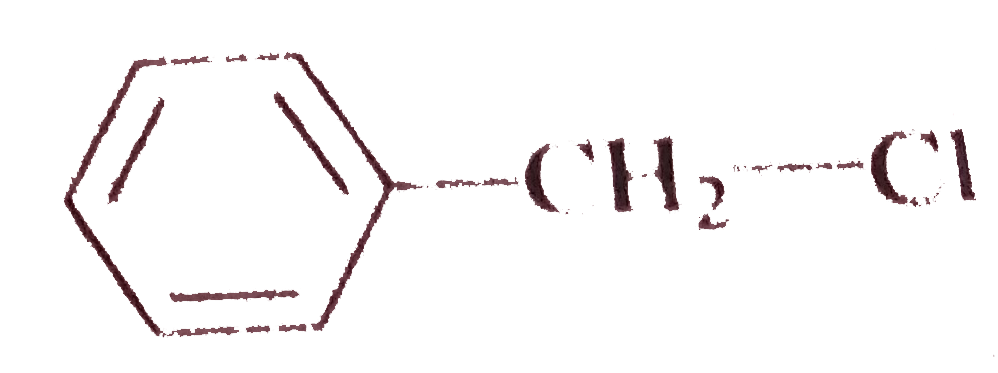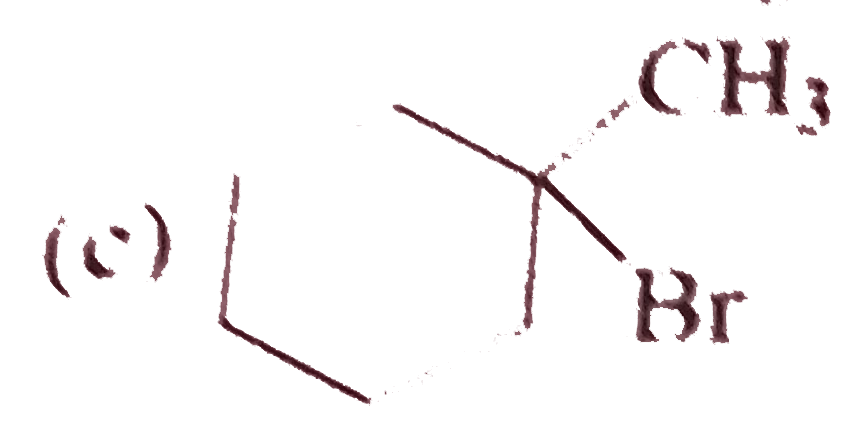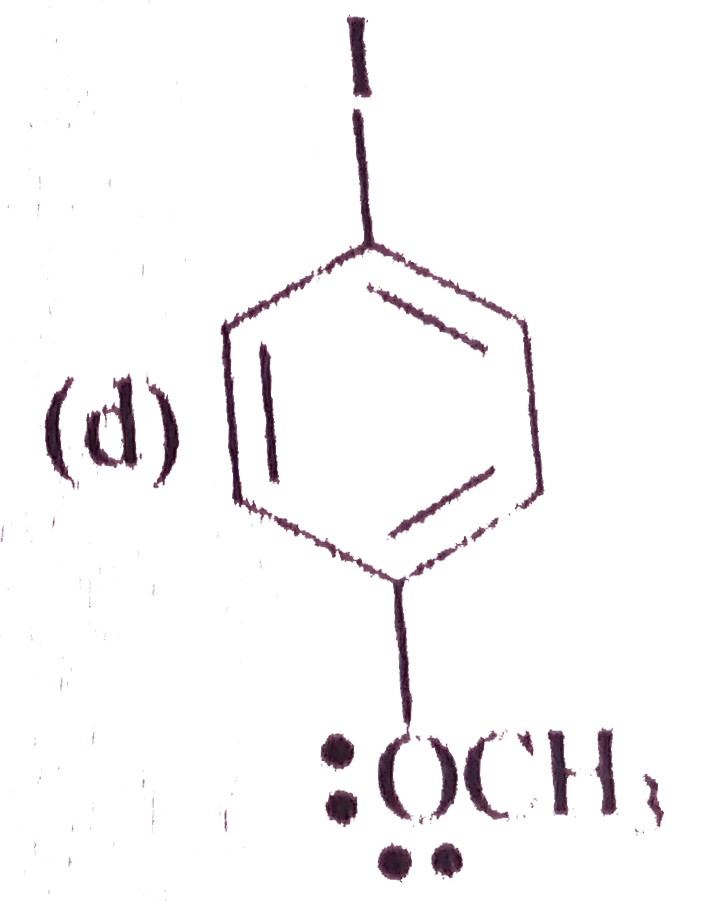In SN1 reaction which of the following is TRUE?
A
Non-polar solvents favour SN1 reaction.
B
Tertiary alkyl halide undergo SN1 reaction.
C
The order of reactivity of alkyl halide is 1∘>2∘>3∘.
D
δH is positive
Video Solution
Text Solution
The correct Answer is:B
|
Answer
Step by step video, text & image solution for In S_(N)1 reaction which of the following is TRUE? by Chemistry experts to help you in doubts & scoring excellent marks in Class 12 exams.
Updated on:21/07/2023Topper's Solved these Questions
- HALOGEN DERIVATIVES OF ALKANES AND ARENESBOOK - TARGET PUBLICATIONCHAPTER - HALOGEN DERIVATIVES OF ALKANES AND ARENESEXERCISE - COMPETITIVE THINKING
81 Videos
- HALOGEN DERIVATIVES OF ALKANES AND ARENESBOOK - TARGET PUBLICATIONCHAPTER - HALOGEN DERIVATIVES OF ALKANES AND ARENESEXERCISE - EVALUATION TEST
19 Videos
- HALOGEN DERIVATIVES OF ALKANES AND ARENESBOOK - TARGET PUBLICATIONCHAPTER - HALOGEN DERIVATIVES OF ALKANES AND ARENESEXERCISE - EVALUATION TEST
19 Videos
- GENERAL PRINCIPLES AND PROCESSES OF ISOLATION OF ELEMENTSBOOK - TARGET PUBLICATIONCHAPTER - GENERAL PRINCIPLES AND PROCESSES OF ISOLATION OF ELEMENTSEXERCISE - Evaluation Thinking
15 Videos
- MODEL QUESTION PAPERBOOK - TARGET PUBLICATIONCHAPTER - MODEL QUESTION PAPEREXERCISE - MODEL QUESTION PAPER-II
47 Videos
Similar Questions
Knowledge Check
For an SN2 reaction which of the following statements are true:-
AThe rate of reaction is independent of the concentration of the nucleophileBThe nucleophile attacks the C-atom on the side of the molecule opposite to the group being displacedCThe reaction proceeds with simultaneous bond formation and ruptureDNone of theseAliphatic nucleophilic substitution is mainly of two type SN1 and SN2.SN2 reaction proceed with strong nucleophile in polar aprotic solvent. 3∘ halides do not give SN2 reaction. Inverted products are obtained in this reaction and mechanism of reaction occurs through the formation of transition state.
SN1 reaction proceed through the formation of carbocation in polar aprotic solvent. Solvent itself acts as nucleophile in this reaction. Racemization takes place in SN1 reaction.
Which one of the following will give SN2 reaction?AH3C−CH3∣C∣CH3−ClB C
C DH2C=CH−Cl
DH2C=CH−ClAliphatic nucleophilic substitution is mainly of two type SN1 and SN2.SN2 reaction proceed with strong nucleophile in polar aprotic solvent. 3∘ halides do not give SN2 reaction. Inverted products are obtained in this reaction and mechanism of reaction occurs through the formation of transition state.
SN1 reaction proceed through the formation of carbocation in polar aprotic solvent. Solvent itself acts as nucleophile in this reaction. Racemization takes place in SN1 reaction.
Which of the following compounds will give SN1 reaction ?APh−CH3∣C∣Cl−CH2CH3BH3C−ClCH3C−CH2−BrD
Increasing rate of SN1 reaction in the following compounds is

View SolutionCD2 = CH - CH2−Br is subjected to SN1andSN2 reactions separately, which of the following statement is correct ?
View SolutionReactivity order of SN1 reaction for the following compounds is
_2019_CBT4_E01_003_Q01.png)
View SolutionWhich of the following is an SN2 reaction:-
View SolutionWhich of the following are SN2 reactions?
View Solution


